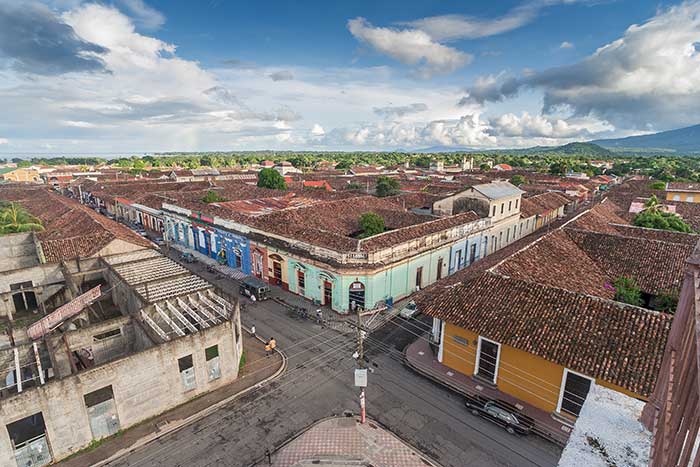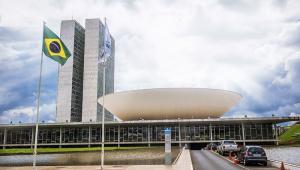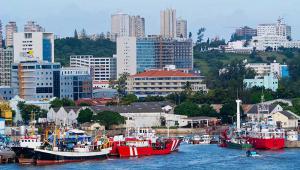web_nicaragua_shutterstock_189011015.jpg

Nicaragua
A statement released by the IMF yesterday said the “decision reflects Nicaragua’s success in maintaining macroeconomic stability and growth” since the conclusion of the country’s last fund-supported programme in 2011.
The IMF’s office in Managua, Nicaragua’s capital city, opened in 1995 in order to supervise programmes aimed at stabilising the Central American nation’s economy and rein in high foreign debt.
Since then it has provided almost $400m in financial aid to support Nicaragua as a heavily indebted poor country and in reducing poverty and stimulating growth.
Now the IMF says it is job done. In its last review of the country’s economy in February, the IMF recorded 4.7% growth 2014, which fell slightly to 3.9% in the first half of 2015 due mostly to falling commodity prices and the effect of drought.
The public debt ratio declined to 41% of GDP in 2014, down from a staggering 96% in 1997, and the current account deficit was also improving.
Poverty has also fallen sharply in the country, with 29.6% of Nicaraguans living in poverty in 2014 compared to 42.5% in 2009.
At the time of this February review, IMF directors commended the Nicaraguan government’s “sound policies”, which they said had lead to enhanced macroeconomic stability and led to strong growth and poverty reduction.
The IMF said it will maintain a close relationship with Nicaragua and continue to provide policy advice and assistance through regular staff visits.







